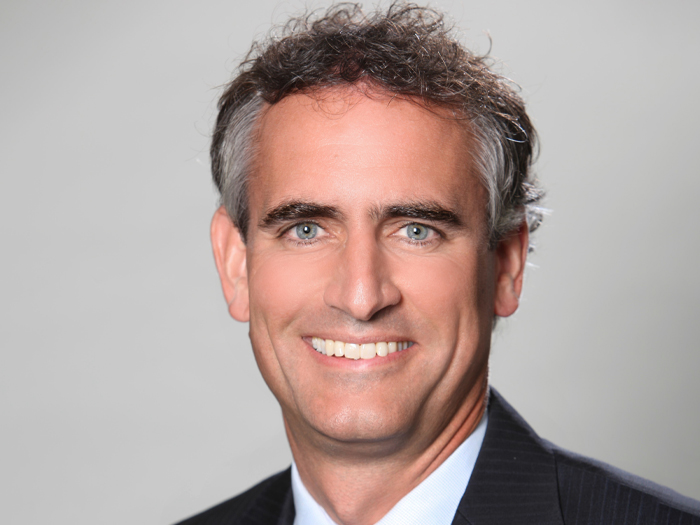The Insurance Industry’s Fear of Global Warming Spikes

The insurer AXA has been surveying risk professionals for five years on their key emerging risks. Climate change has always ranked high.
But this year’s survey produced a stunning result: Of the 1,235 risk professionals, including 1,060 AXA employees all over the globe who answered the survey, the percentage of respondents pointing to climate change as their key concern rocketed up from 39 percent to 63 percent.
“It was a huge jump from what we observed in the past year,” said Helene Chauveau, head of emerging risks for the insurer.
Adding to the stress on the part of risk professionals, according to Chauveau and her co-researchers, was that risk professionals are unhappy with the slow pace world leaders are adopting to climate change.
“Another point that was striking for us is that the risk respondents felt that the level of awareness associated with this risk is not satisfactory; meaning that people don’t take enough global action that is needed to fight this climate change, ” she said.
“Fifty five percent of the respondents are not satisfied with the level of awareness surrounding climate change risk, I would say,” Chauveau said.
Even More Reason for Worry
The survey respondents are also concerned about the increased volatility of the geopolitical landscape and how that impacts the ability of governments to work together to combat global issues, such as climate change. Geopolitical volatility ranked third on AXA’s survey list of most troublesome emerging risks.
“This trend is closely related to another topic that gained visibility in the past few months, the decline of multilateralism and international governance,” the survey authors wrote.
The percentage of survey respondents who viewed geopolitical volatility as an emerging threat also jumped significantly this year. In 2017, 20 percent of AXA respondents listed geopolitical volatility as an emerging threat. In 2018, that number jumped to 31 percent.
“This can be significant in terms of global policy making and regulation, which can affect the way global challenges — such as climate change and cyber risks — are tackled.”
Back in 2017, as part of the magazine’s ongoing coverage of emerging risks, Risk & Insurance® associate editor Katie Dwyer wrote about U.S. Economic Nationalism.
A companion piece by staff writer Juliann Walsh examined the threat of Foreign Economic Nationalism.
Other Key Findings
Rounding out the top five emerging risks as identified by AXA and its survey respondents were cyber security risks (cited by 54 percent of survey takers); natural resources management (listed by 26 percent of survey respondents); and social discontents and local conflicts.
Survey takers also pointed to the interconnectivity of all of these risks as adding complexity to the challenges risk managers face.
“The greatest risks [come] from the combination of the risks identified,” wrote a survey respondent from the United States. “For example, climate change driving migration driving changed employment driving changed health profiles; cyber and PSYOPS attacks undermining faith in institutions and national identity leading to weakened security/inadequate defenses.”
Learn More
For more information on the topic of emerging risks, we recommend checking out, in addition to the AXA survey:
- The World Economic Forum’s Global Risk Report 2018.
- Lloyds’ Emerging Risks Reports are always worth reading.
- And we would be remiss if we didn’t point you to recent emerging risk coverage from this magazine.











